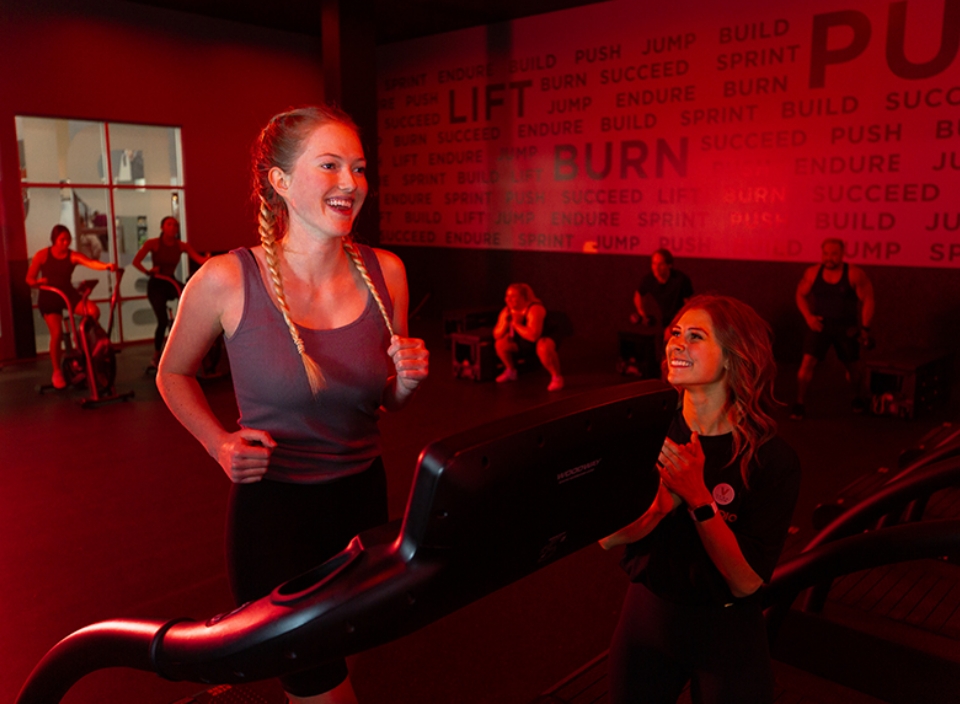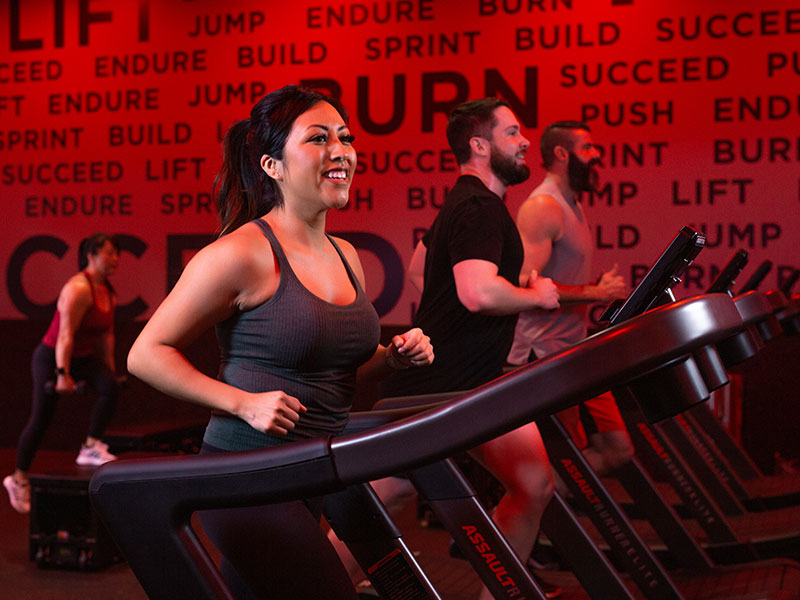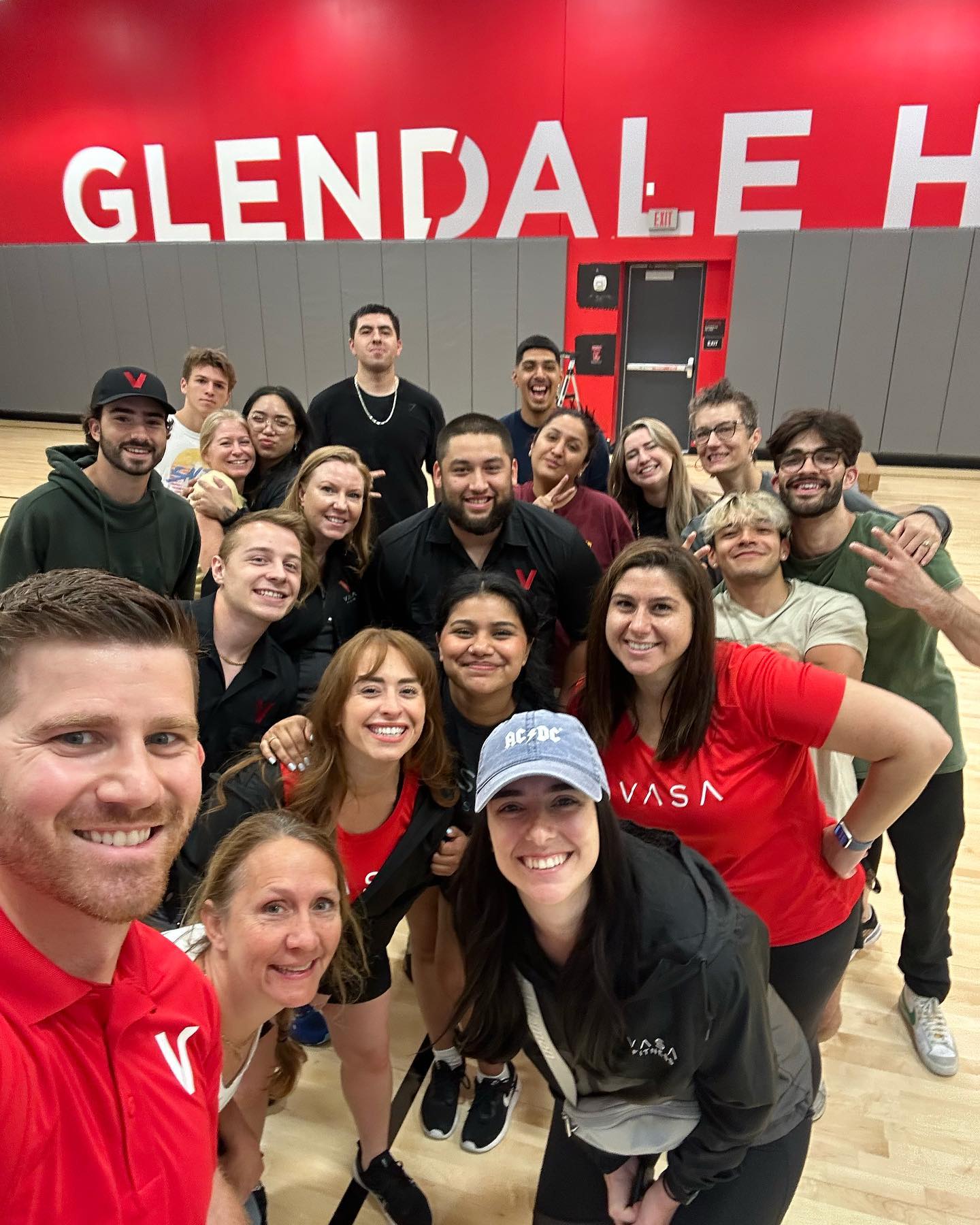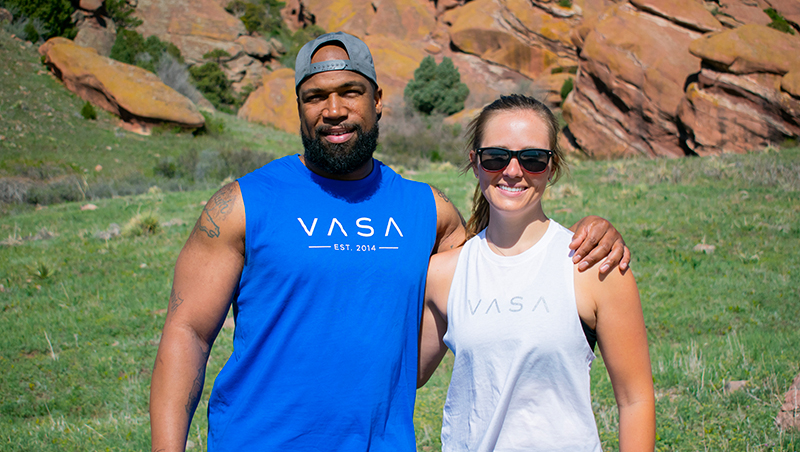The Importance of Sleep
We’ve all heard it—friends and colleagues bragging about how little sleep they can function on. While we may have pulled all-nighters in college or at a first job to get ahead, these days it’s more impressive to brag about how much—not how little—dream time we’ve logged.
With daylight savings comes a reminder (and often a disruptor) to our required REM-edy. Adults spend nearly a third of their lives asleep, and a lack of quality dream time can cause memory loss, fatigue, anxiety, weight gain, weakened immunity, lack of libido, and many more not-so-fun side effects. Sleep is so critical to our well-being, in fact, that many fearless leaders (Arianna Huffington arguably the most prominent) have written books on the subject, while prominent doctors have established sleep labs, where patients can be tested and taught how to properly rest. And though we may not be able to control the daily onslaught of societal stressors, we can control what happens in our own bedroom. Here’s how to recharge with intention.
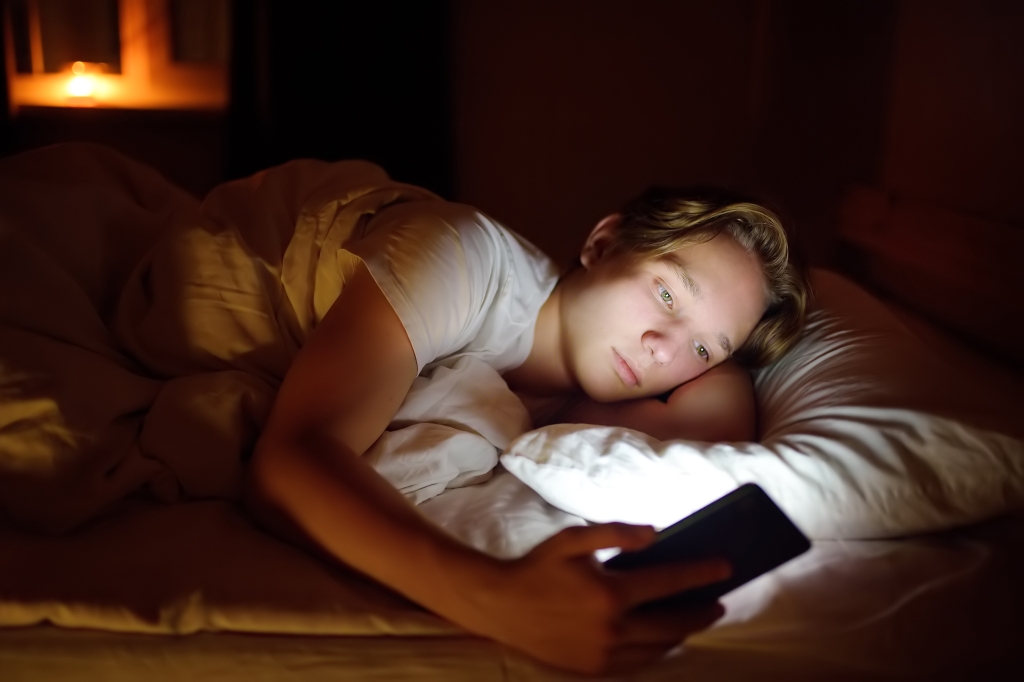
Ditch the Electronics. Give your iPhone a rest at night. Scrolling through Insta at night is one of the worst ways to keep your brain firing versus unwinding. Charge your phone in the kitchen or living room—anywhere but your bedroom. Additionally, experts recommend not looking at your phone or computer at least an hour prior to bed time, as the blue light can keep you awake longer than desired.
Curb the Cocktails. With the holidays comes cocktailing, and while festive and fun, if you’re sleep deprived, alcohol is not your friend. Try to imbibe at happy hour versus right before bed, as alcohol can severely disrupt REM sleep. Your brain “washes” toxins at night, and unfortunately too many toasts can make the brain—and liver—work overtime.
Naps Rule. If still sleepy throughout the day, 15- to 20-minute power naps are your friend, and best taken between 1-3 p.m., when energy levels dip. Need some help? MadeFor founders have worked with leading scientists to develop a free and easy tool for relaxation. A resource from Dr. Andrew Huberman and Rory Cordial, the Non-Sleep Deep Rest (NSDR) tool aids in rapid deep nervous system relaxation. It can reset our ability to focus during the day and ease the transition to sleep at night.

Hello, Sunshine. There’s a reason our ancestors naturally woke with the sun. We’re attuned to light. Try and get outside and into the sunlight within the first hour of waking. This alerts your body and mind to the natural rhythm of waking and sleeping. Even if it’s a 10-minute walk around the block, feeling the sun on your face is important, according to experts.
Temp Check. Before climbing into bed, lower the thermostat a few degrees. Our core temperature drops during rest, so keeping your room slightly chilly helps this natural reset. What’s more, comfort is key. Invest in that duvet cover you’ve been eyeing, and don’t skimp on mattresses or pillows. Casper and Avocado are two favorites when it comes to mattress deliveries in a box.
Action, Please. In order to rest, our bodies need to move throughout the day. As such, exercise is key. Even on days when your Inbox seems to have a life of its own, step outside and walk, or keep your VASA gym class a priority. Routine is key to bed-time bliss.
SUBSCRIBE TO OUR BLOG
Enter your email to start receiving our blog emails!
